In this session of Preflight UK’s Office Hours, James Stuart, CSM at hackajob spoke to Billy McDiarmid, Customer Onboarding Executive at Hardenize, and Nabeeda Bakali, CSM at Multiverse, about getting into and navigating a role in Customer Success.
With nearly 20 years of work experience in recruitment technology and information security, Billy has spent the last seven years in CS roles. As Customer Success Lead at Hardenize, he currently manages a portfolio of Public Sector and Enterprise customers in the USA, Canada, the UK, Europe, India, and Australia.
Nabeeda has worked in CS for the last three years after starting her career in recruitment. In her current role at Multiverse (formerly Whitehat), she works as a Commercial CSM, building the next generation of leaders by developing alternative pathways via apprenticeships.
The discussion revolved around:
- Identifying the skills and experience/s required for Customer Success roles
- Prepping your CV/resume for a job in CS
- Finding your first job in Customer Success
- Mapping your career path after you’ve landed a CS job
Here are our top takeaways from the session.
1. The skills and experience needed for a CS role
CS requires a combination of different skills, but what a future CS professional needs to focus on are the ones they can demonstrate to a potential employer.
Since CS, at its core, is a project management role that focuses on taking a customer from start to value, project management and problem-solving are key skills to focus on.
Pick and talk about situations that showcased your problem-solving abilities. Highlight instances where you worked with different levels and types of teams and handled challenging people and situations to achieve a goal.
Another aspect to focus on is the ability to build relationships – within the business and with external stakeholders. Show how you worked with different teams (like product or marketing) towards a common goal.
Talk about scenarios where you displayed resilience and how you can translate that to a customer-facing role. It may even be a good idea to talk about unsuccessful projects that helped you build resilience and showcased your ability to bounce back and try again.
2. What recruiters look for: Making your CV stand out
Recruiters don’t always look for experience in CS roles. Instead, they look for skills like
project management, problem-solving, and tenacity.
Recruiters need to see just enough on a CV to be curious. Use your CV to highlight what you have achieved, so the recruiter can ask you how you did it. Quantify your achievements in a dedicated section at the top (with top-level stats in, say, three bullet points). These achievements need to link to project management, relationship building, problem-solving, and stakeholder management.
Be prepared to tell a good story to back up these achievements–by focusing on who was involved, which teams you worked with, and the challenges you overcame. Always have a collection of scenarios and examples that you can use in an interview. Make sure all the successes you talk about are SMART (Smart, Measurable, Achievable, Realistic, and Timely).
3. Picking the right industry to work in
Billie recommends picking an industry you're passionate about that will complement your skills, but more importantly, one that you have a view on. Be prepared to demonstrate your passion or interest in the field.
4. Finding a job in CS
The CS community is an open, welcoming community with plenty of areas to work in, including CS, CS Ops, and Customer Onboarding.
- Use LinkedIn and CS communities such as Preflight to connect with people and understand what CS professionals are talking about. Make time to watch webinars and videos, and read job postings.
- Invest time in understanding the CS function, its different roles, and what they entail.
- Here are a few books and resources Billy and Nabida recommend to do this:
- Customer Success: How Innovative Companies Are Reducing Churn and Growing Recurring Revenue (Nick Mehta, Dan Steinman, Lincoln Murphy)
- The Customer Success Professional's Handbook (Ashvin Vaidyanathan)
- Onboarding Matters (Donna Weber)
- The Customer Success Pioneer (Kellie Lucas)
- CS blogs by Lincoln Murphy
- Connect with CS leaders and ask for their guidance. But make sure you have something to offer them in return. Be prepared to show interest and initiative by talking about their work, books, webinars, etc., and showing what you could offer. There are plenty of leaders in the CS community who are looking to mentor others. Use this opportunity to find a mentor.
5. Navigating a CS job
- Remember that you’re not expected to have all the answers right at the start, but you must be able to show and talk about how you intend to start dealing with the role. Be prepared to know how you’d approach communication and churn issues.
- CS is different from sales in that you can’t always carry your successes from one sale to another directly - as far as your career progress is concerned. It is essential to build strong internal relationships for career planning and progress.
- Understand the expectations from your role (the metrics, areas you will be assessed on, etc.) to plan the steps you need to take to meet them.
Create a spreadsheet when you start your role – with expectations on one side. Document any evidence of achievement (customer feedback, data from Executive Business Reviews, etc.) so you always have a talk track for your achievements.
- Spend the first six months focusing on the basics and understanding the internal and external stakeholder relationships. However, make sure to visualize where you can go, what evidence you can get from your manager on your progress, and what case study you can write for yourself as you grow in your role.
6. Top tips for building a successful CS career
- Leverage LinkedIn, careers/jobs pages on CS communities and groups, and specialist CS agencies (such as Sphere Digital in the UK) in your job search.
- Do your research on CS and make time to network. CS is different in each company; talk to different people within the CS industry, ask questions in interviews, and leverage communities such as Preflight, The Customer Success Forum, and Customer Success Leadership Network.
- In your CS role, be comfortable saying no to customers. Focus on internal stakeholder relationships. Talk to your manager to make a success plan for your career path.
- Track your outcomes and how you got there. Rate yourself at every stage of your career, and document your journey to note what you experienced, what you failed at, how you succeeded, and what you learned.
If you want to learn more about Customer Onboarding, Implementation, and Professional Services in-depth, join the Preflight Community.


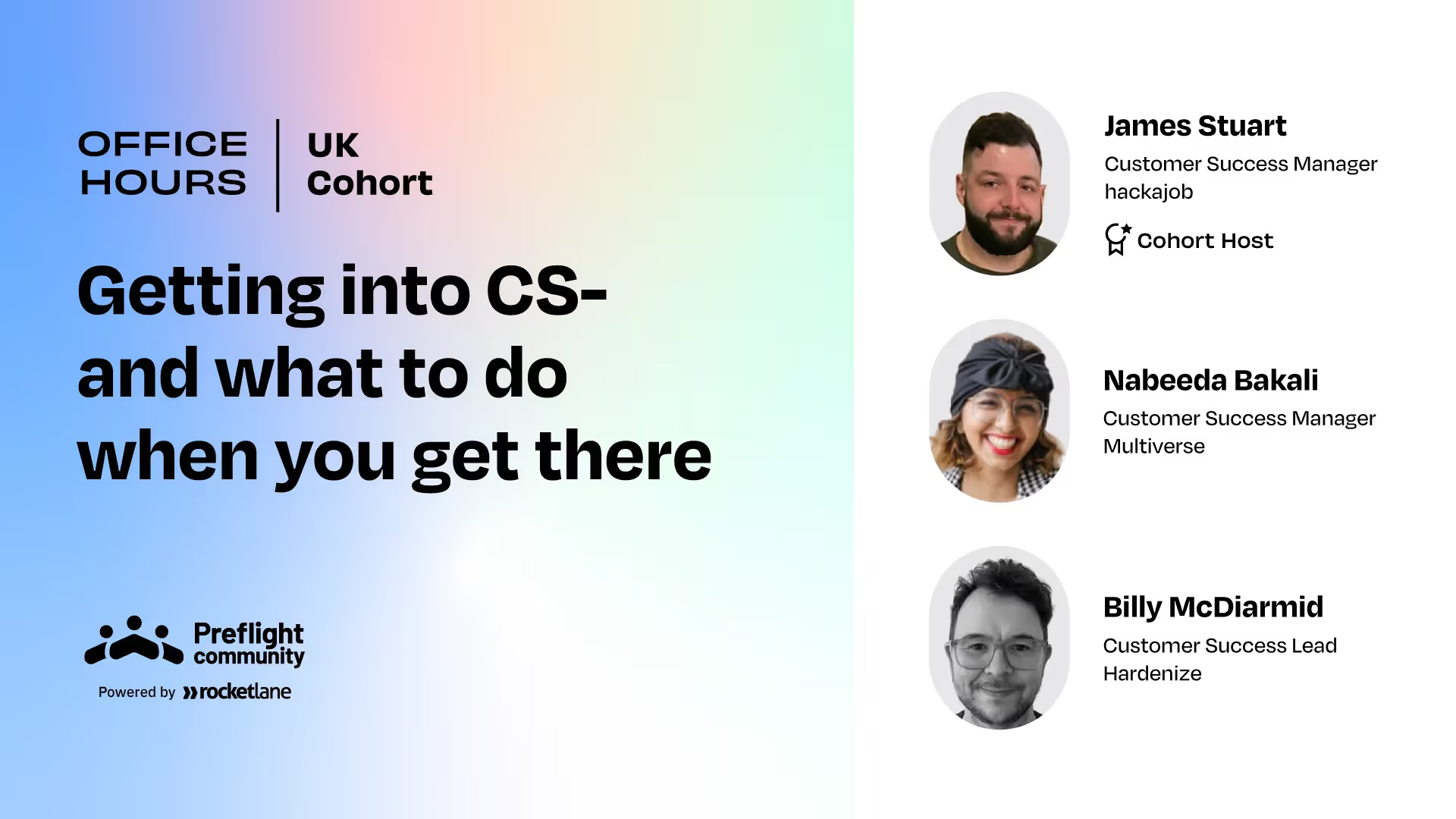

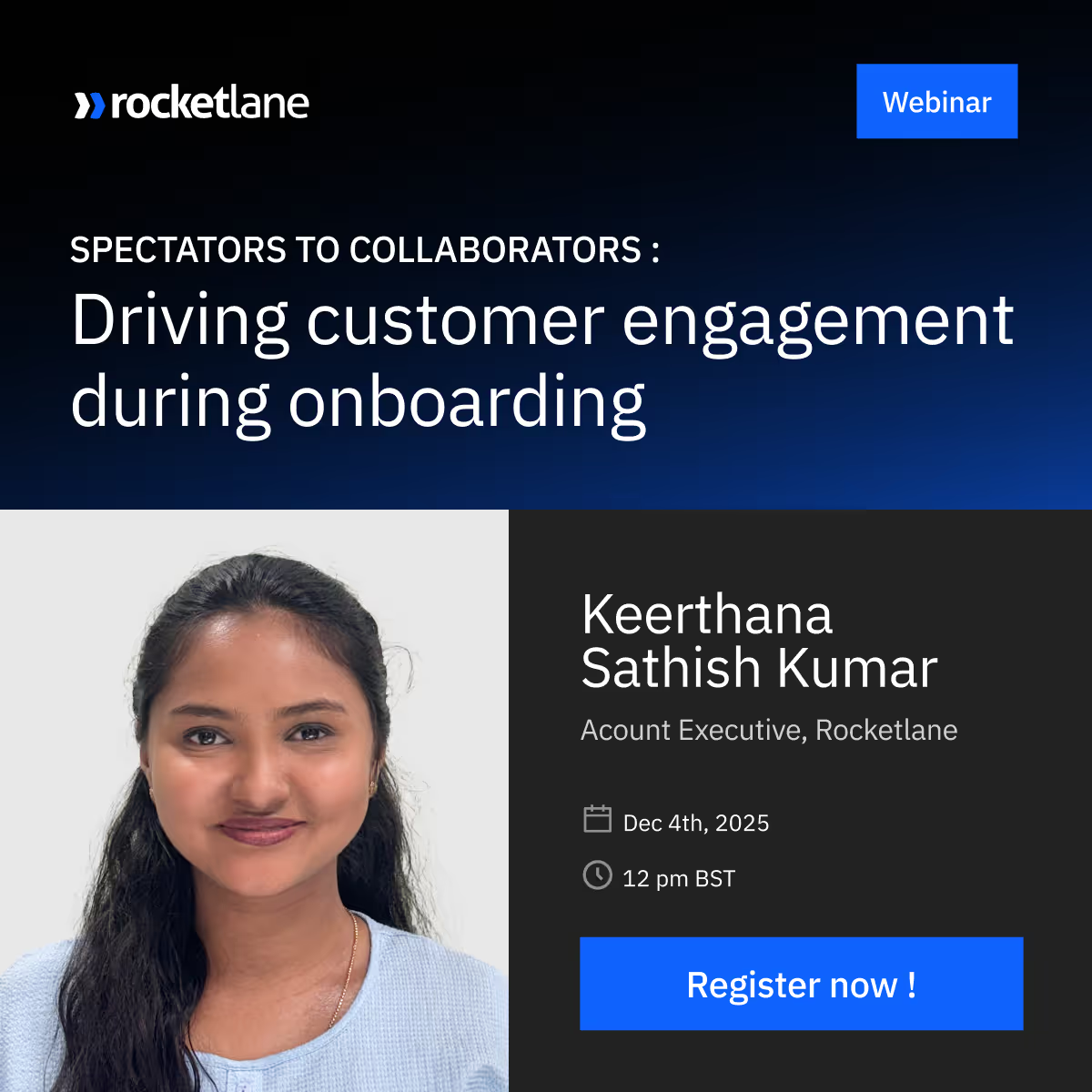

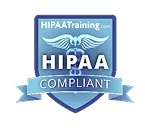
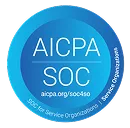
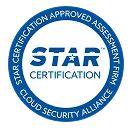
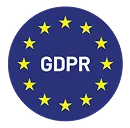
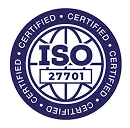









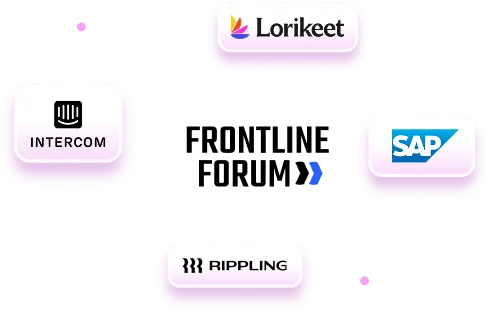
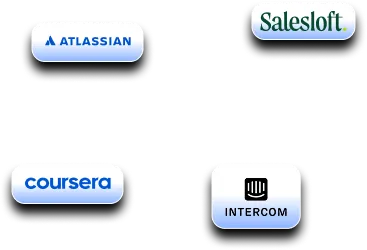
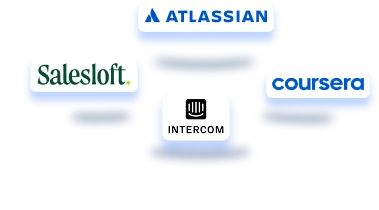
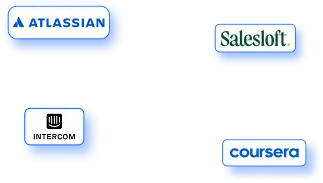
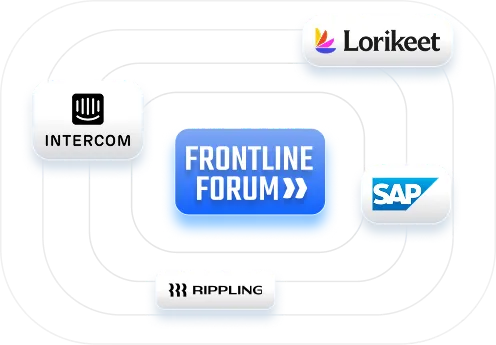
.webp)